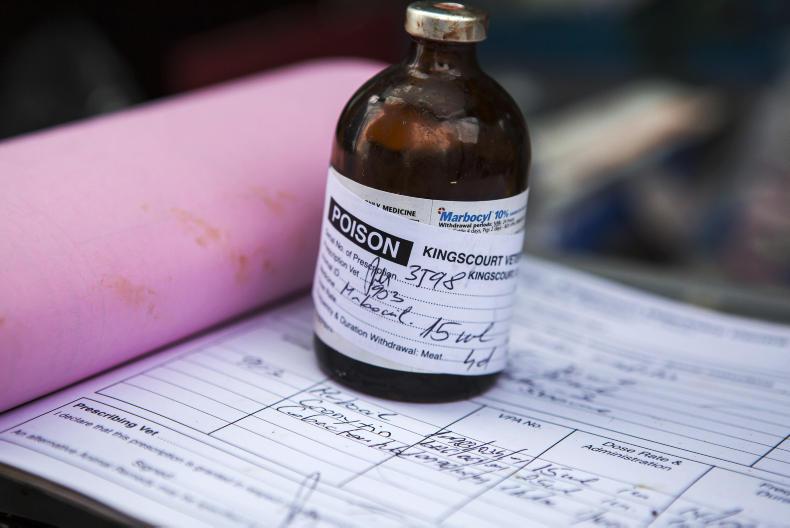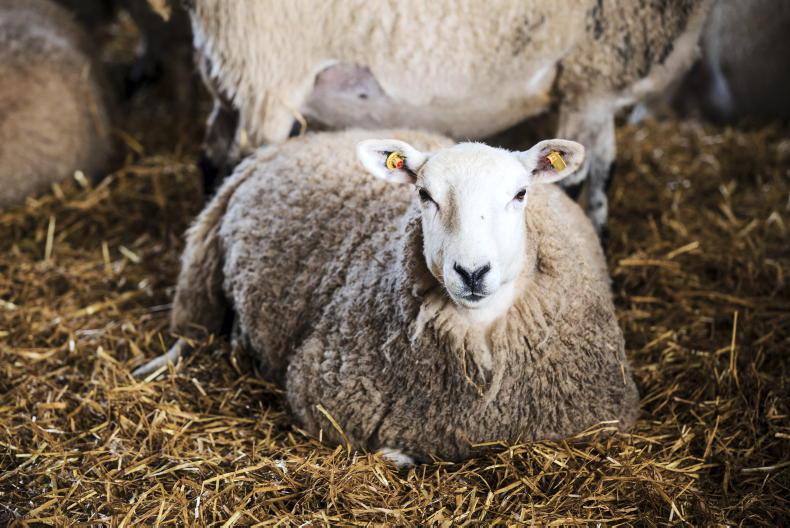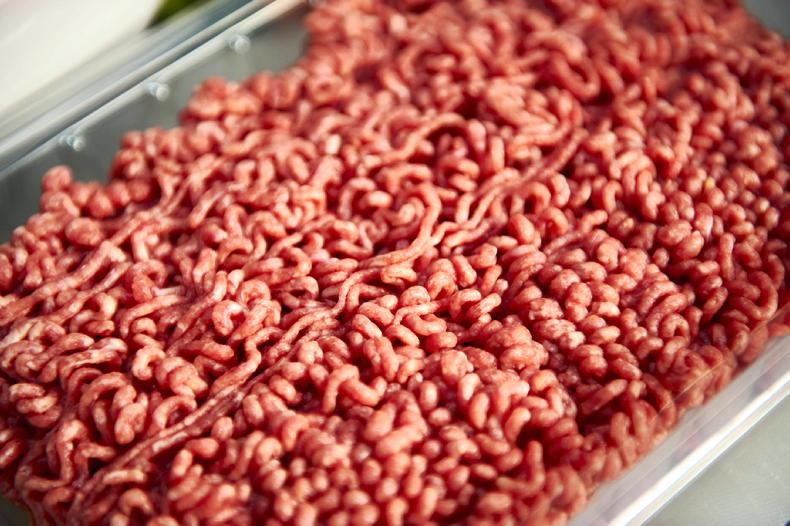New EU rules mean that the treatment of every individual farm animal with dosing or antibiotic products will have to be recorded on an individual farm basis into a national database.
The Department of Agriculture will have until 2027 to develop the database for all prescribed medicine, which will include wormers, drenches and pour-ons by that stage.
While inputting data is voluntary, Bord Bia has stipulated that farmers who do not record the information will not qualify for its quality assurance scheme
It is not yet clear how the additional redtape will affect farmers but in countries where a similar style of database is already in place, such as the Netherlands and Denmark, members of the public can apply to view the medicine use of individual farms.
The Department here has already introduced a national database for commercial pig herds. While inputting data is voluntary, Bord Bia has stipulated that farmers who do not record the information will not qualify for its quality assurance scheme.
A report conducted here indicates a “significant” lack of recording in dairy and suckler sectors but particularly singles out the sheep sector where “no data” on overall antibiotic recording is available.
The report suggested that recording will be dependent on farmers and without incentives, farmers could lack motivation and under-report or record inaccurately
Authors of the report – Current antimicrobial use in farm animals in the Republic of Ireland – highlighted that while pig and poultry industries are thought to use the highest quantity of antibiotics, some 19t of antibiotics sold annually cannot be accounted for and suggest that they are used to orally treat sick calves on dairy farms or laying hens.
The report suggested that recording will be dependent on farmers and without incentives, farmers could lack motivation and under-report or record inaccurately.
A growing level of concern over antimicrobial resistance (AMR) has sparked the call for each member state to have a database.
Countries such as the UK have halved their animal antibiotic usage in recent years, but Ireland has remained consistent, with the report suggesting that the country has further to go in reducing overall usage.
However, Ireland’s overall antibiotic use is relatively low in comparison to other European countries.










SHARING OPTIONS